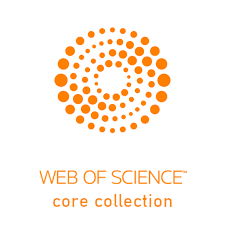Agile Methods in Software Development: The Search for Organizational Innovation
DOI:
https://doi.org/10.21714/2238-104X2011v1i1-11849Abstract
Brazilian IT executives are being challenged to play an active and important role in the innovation process within their organizations. The purpose of this study is to explore agile software development methods in facing this challenge. We deployed a practice theory framework, in particular that of Orlikowski, in order to analyze practices from seven agile methods – eXtreme Programming (XP), Dynamic Systems Development Method (DSDM), Scrum, Crystal, Agile Modeling (AM), Feature Driven Design (FDD) and Adaptive Software Development (ASD). Results show practices grouped into five underlying factors – learning, iteractive, customer, human and technical; in addition, they explain the shift in focus of the agile development in reference to previous methods, centering on the individual and their actions in social relations in place of essentially technical issues. Findings suggest that agile software development methods have principles and practices better suitable to the innovation challenge than their predecessors do. Furthermore, their practices can aid the organization in the constitution of institutional properties useful to the process of business model innovation.Downloads
Download data is not yet available.
Downloads
How to Cite
Dolci, D. B. (2011). Agile Methods in Software Development: The Search for Organizational Innovation. Theory and Practice in Administration - TPA, 1(1), pp. 74–96. https://doi.org/10.21714/2238-104X2011v1i1-11849
Issue
Section
Artigos de Pesquisa (Research Papers)








